FATTI: Is Malta Really ‘Proactive’ on Human Rights Rulings?

As key justice reforms remain stalled, government ministers have lauded Malta’s “proactive” stance on implementing European Court of Human Rights judgements.
During a meeting with ECtHR officials, Foreign Minister Ian Borg claimed the rulings are “crucial” in shaping ongoing reforms. Justice Minister Jonathan Attard echoed this in a press release, praising Malta’s progress and compliance.
But is the country truly taking the Court’s guidance to heart? This edition of FATTI investigates whether Malta is walking the talk on human rights.
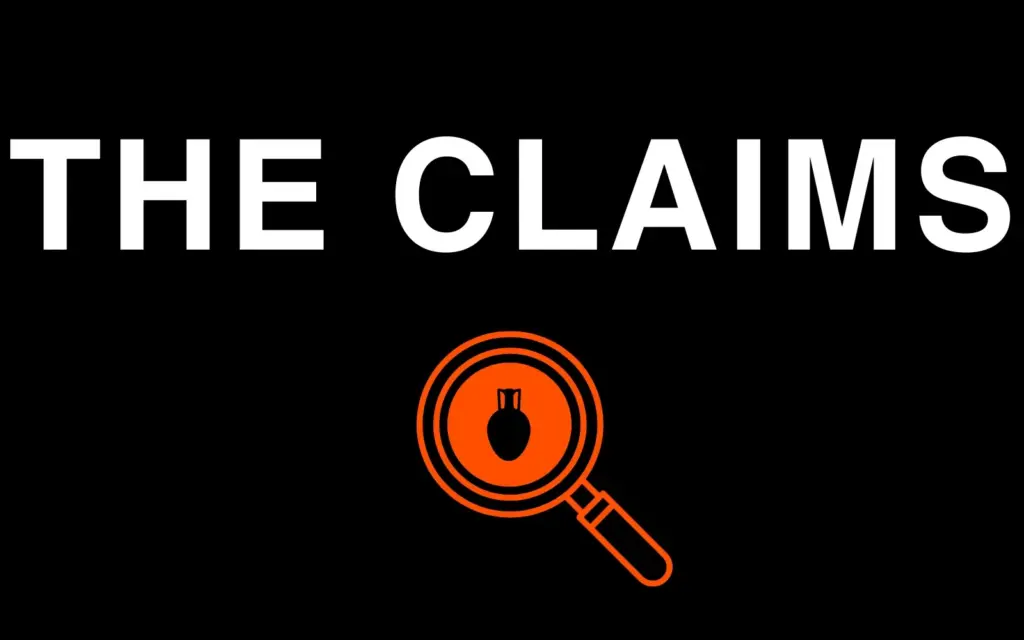
In the meeting with ECtHR officials, Foreign Minister Ian Borg said that the “judgements have been crucial in guiding our ongoing reforms as we remain committed to continuously updating our legislation to ensure their full implementation”.
“We see the implementation of ECtHR judgments not as a burden, but as a partnership—a shared responsibility to uphold the rule of law and promote dignity for all,” Minister Attard emphasised in his press release.
“Malta’s steadfast commitment to judicial independence and improving access to justice – areas in which Malta continues to benefit from constructive engagement with the Venice Commission [the Council of Europe’s advisory body] and GRECO [Council of Europe’s anti-corruption platform],” he added.

What is the European Court of Human Rights (ECtHR)?
The ECtHR is responsible for applying the European Convention on Human Rights (ECHR), and its judgements are binding on the case parties. The Committee of Ministers, another Council of Europe institution, supervises how countries execute the judgments, but is not empowered to overrule national decisions or annul national laws.”
The Council of Europe is separate from the EU, but the ECHR (the European Convention of Human Rights) has significantly influenced EU law.
Individuals can initiate a case in ECtHR if they feel their rights under the ECHR have been violated by a signatory state – and only after they have exhausted avenues for justice in domestic institutions, which in Malta’s case includes the Constitutional Court.
In a 2021 case regarding ongoing detention, the ECtHR ruled that constitutional redress proceedings are not an effective remedy for such complaints.

“What the Strasbourg Court has said repeatedly is that the whole system Malta has in place, intended to safeguard our rights, doesn’t work,” says Neil Falzon, director of aditus foundation, whose lawyers represent some claimants at the Strasbourg-based ECtHR.
“Speaking about people who are illegally deprived of their liberty, locally, there is no remedy that they can access – no remedy at all,” he added.
An analysis of judgments reveals that filed cases peaked in the period from 2010 to 2013, with visible patterns.
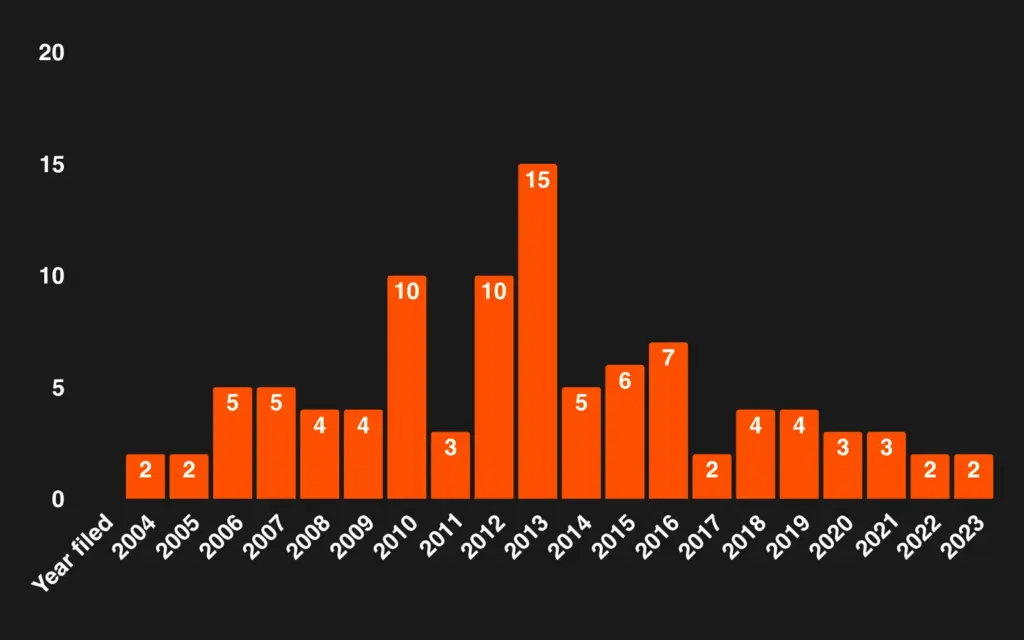
Cases involving rent laws – protected long-term rents that historically imposed low fees on owners – have been present since Malta’s EU accession, and the last one was filed as late as 2021.
Numerous cases were filed about the degrading treatment of detainees. Some of them involved, but were not exclusive to, asylum seeker detention. Every year, numerous cases involving the judicial process, rent laws, and other areas are being decided, suggesting a persistent need to address issues in these areas.
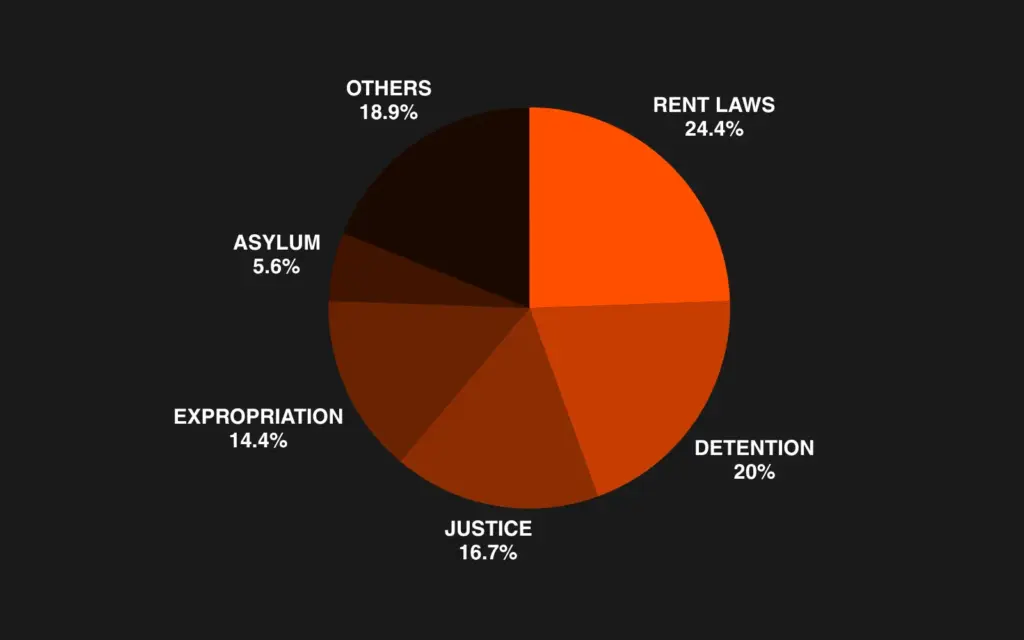
There was also a substantial number of cases related to the judicial process, including court bias and the length of proceedings. Many complaints that have been repeated over the years are similar, suggesting that substantial reforms have not been implemented.
Since joining the EU, Malta has lost 90 cases. Rent laws accounted for a quarter of them. Detention came second, with almost a fifth of lost cases. The justice process came third, followed by the expropriation of land.
Below is a deeper dive into the most prevalent issues that led to lost ECtHR cases.
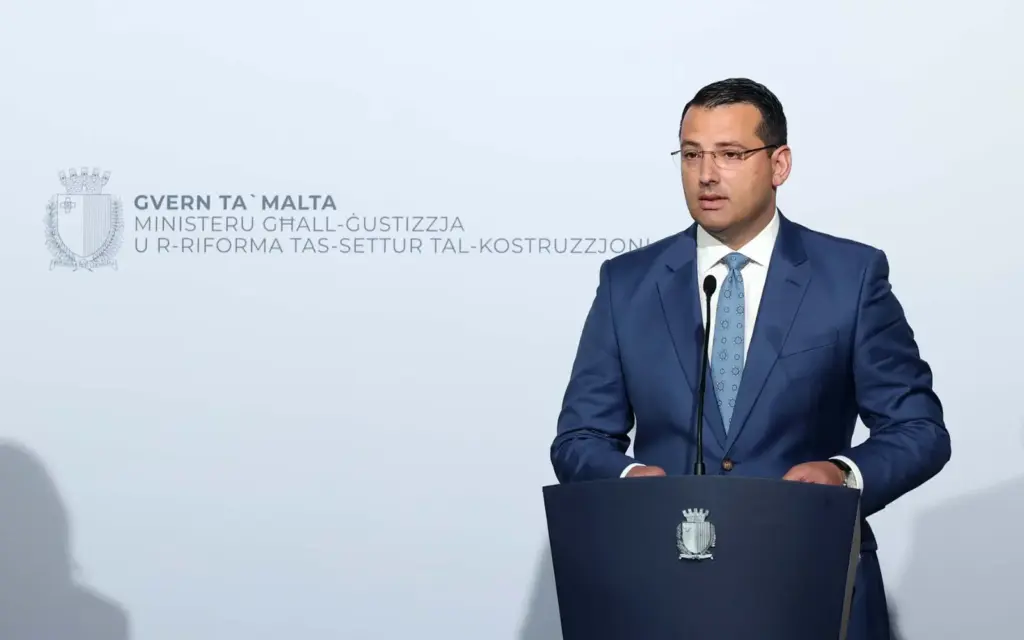
Cases in property laws
Before 2009, many Maltese rental agreements were governed by rules from the post-war period, heavily favouring tenants. These rules allowed tenants to stay in properties for life at unchanged or heavily restricted rents, often far below market value.
Evictions were nearly impossible, and rent increases did not come close to market rates, leading to significant financial losses for property owners.

In 2009 and 2010, the first reforms were introduced to start addressing the imbalance. However, these were not enough to resolve widespread disputes. Other cases followed until further amendments in 2021 introduced mechanisms for landlords to request market-aligned rent and, in some cases, reclaim the property.
Expropriation of private land was another frequent theme in property-related cases before the ECtHR . Compensation was often delayed and did not reflect market values, leaving landowners with little recourse. In many cases, people were informed of the expropriation through the government gazette.
Following pressure from national and international courts, Malta reformed its expropriation laws in 2017, mandating transparent procedures, timely and fair market-based compensation, and the right to challenge claims, ensuring expropriation is a last resort and reinforcing respect for private property rights.
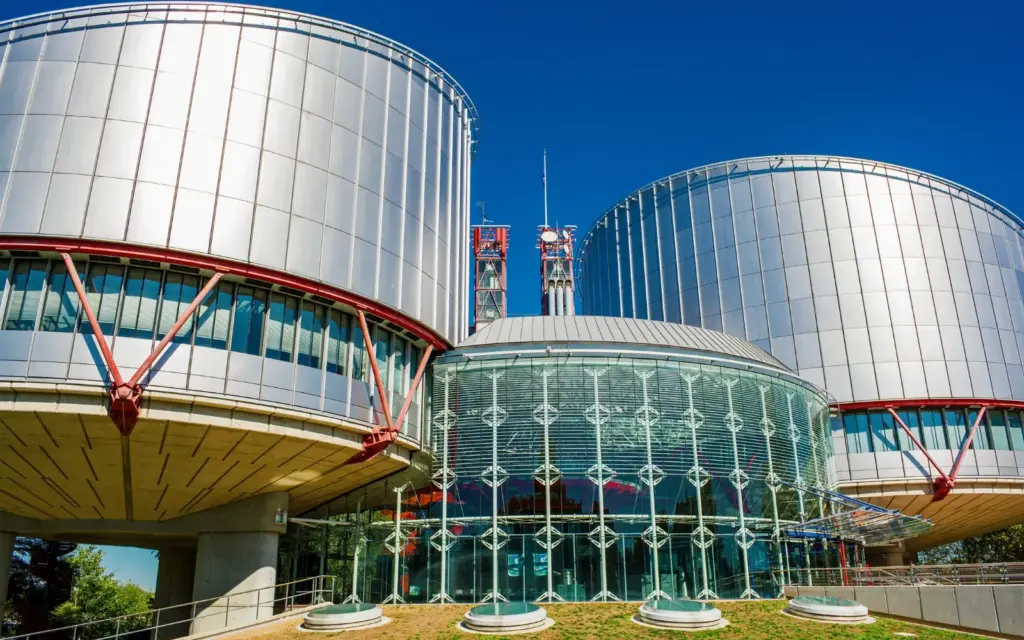
Cases in detention and asylum
Malta lost five cases relating to the treatment of asylum claims and many more because of their treatment in detention.
According to an aditus foundation report, when asylum seekers began arriving in greater numbers in 2002, Malta imposed immediate, indefinite, and mandatory detention—often lasting for years with no legal time limit.
Detention conditions improved when Malta joined the EU, but remained automatic. In 2015, Malta adopted a new reception policy, which introduced legal limits to detention, after losing three cases in the ECtHR.
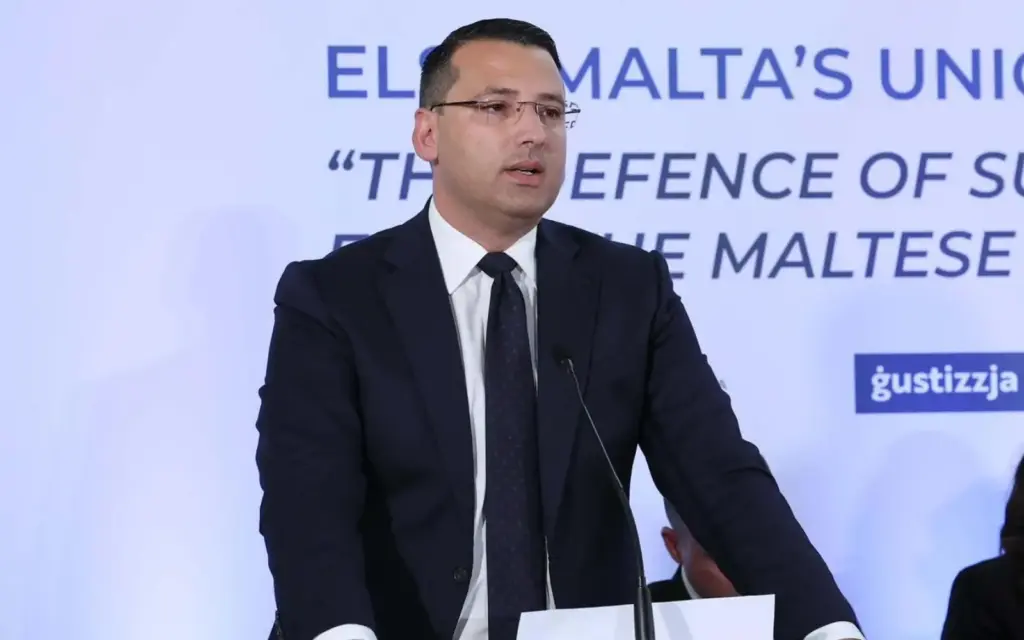
When the number of arrivals increased in 2018, automatic detention was instituted on public health grounds. In practice, this has been applied beyond legal limits and without clear communication.
In October 2021, former Council of Europe Commissioner for Human Rights, Dunja Mijatović visited a detention centre in Malta and “was struck by the deplorable situation”. NGOs have criticised unreasonable obstacles to monitoring detention conditions.

One case, A.D v Malta, focused on this issue.
“At the time of A.D. and even before, everybody was detained under the public health legislation – adults, children, men, women, everybody was automatically detained for a couple of months. The ECtHR very clearly said that’s wrong,” lawyer Neil Falzon of the aditus foundation told Amphora Media. He represented A.D.
“The public health regime is now down to a couple of days, and people are given a detention order right away. At least now, the legal basis is one established in law.”
However, he notes that there was a negative development as well, because instead of detaining asylum applicants under public health rules on an ad hoc basis, Malta reverted to detaining all asylum applicants.
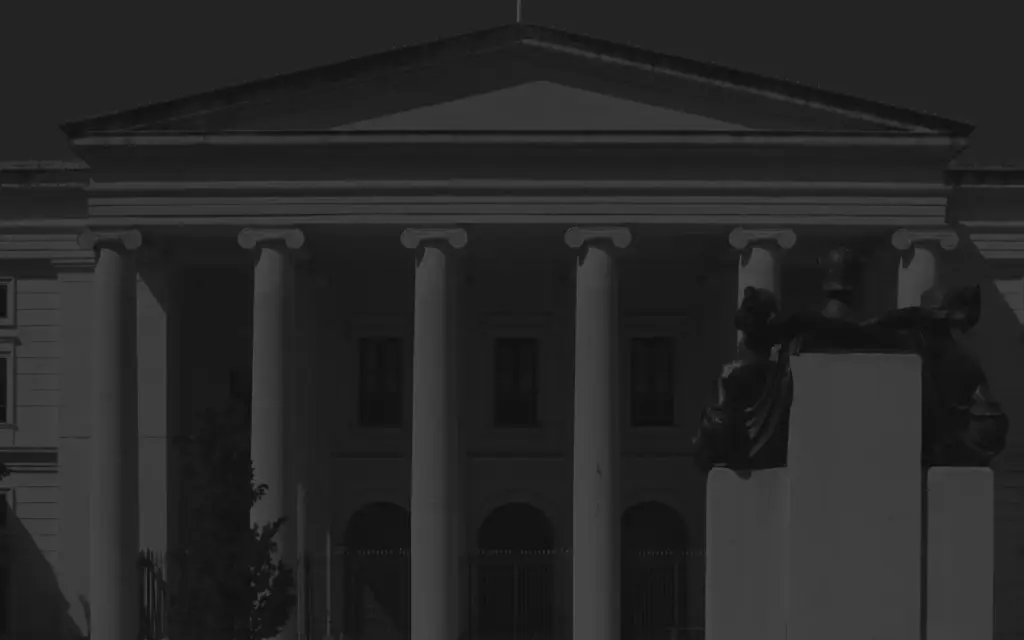
“We have to go again to the ECtHR and use the arguments we had used in [2010 and 2013]”, he said.
Separately, a reform of the accelerated asylum procedure remains unimplemented, despite Malta losing a related case in 2022.
Meanwhile, in 2013, an ECtHR application also stalled and blocked Joseph Muscat’s plans to push back to a group of asylum seekers to Libya.
Judicial reforms
Several cases end unfavourably for Malta because of deficiencies in its judicial system.

At the end of 2024, Malta was among the 15 countries considered not in sufficient compliance with GRECO’s 5th Round recommendations. Meanwhile, the Venice Commission’s recommendation to create consistency in the application of constitutional rulings has yet to be implemented.
This has been flagged by the European Commission in its latest rule of law report:
“Uncertainty persists as to the erga omnes effect of judgements of the Constitutional Court, as it is up to Parliament to repeal or amend laws found unconstitutional”, which means that “judgments of the Constitutional Court lack universal applicability, allowing unconstitutional laws to remain valid until Parliament repeals them”.
The report noted “Parliament’s inconsistency in adhering to Constitutional Court rulings” and that “authorities confirmed that no steps have been taken to address this issue”.
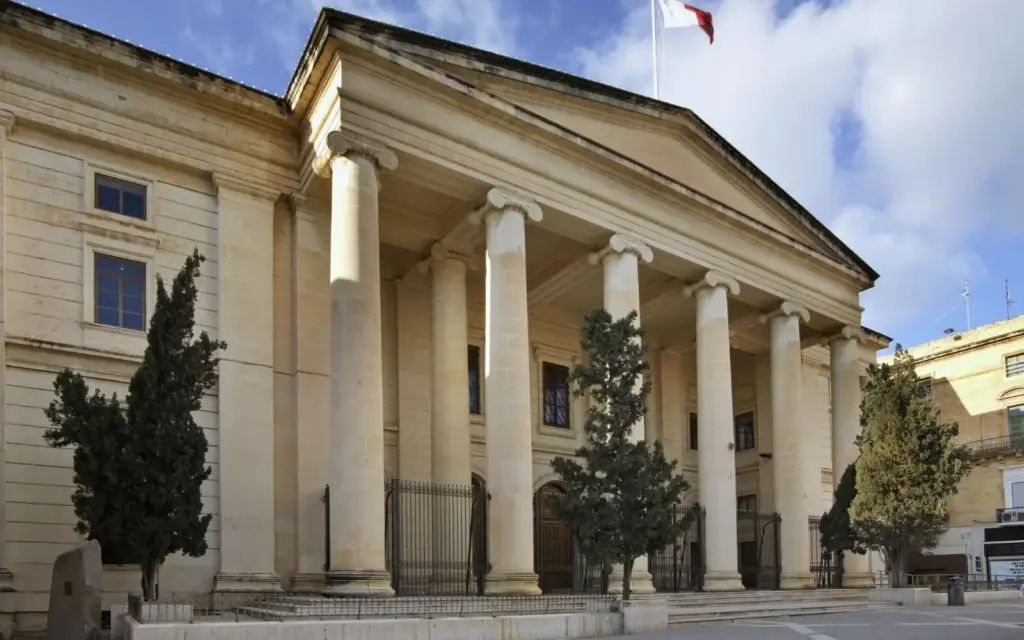
As of mid-2024, Malta had 14 leading judgments of the European Court of Human Rights pending implementation—a decrease from 15 at the start of the year, but the same number as mid-2023.
More than half (57%) of the leading judgments from the past 10 years remained pending in 2024, up from 45% in 2023.
The length of implementation has also increased. “The oldest leading judgment, pending implementation for 16 years, concerns disproportionate restrictions to property rights,” the report found, and there were “6 cases in total awaiting confirmation of payments”.
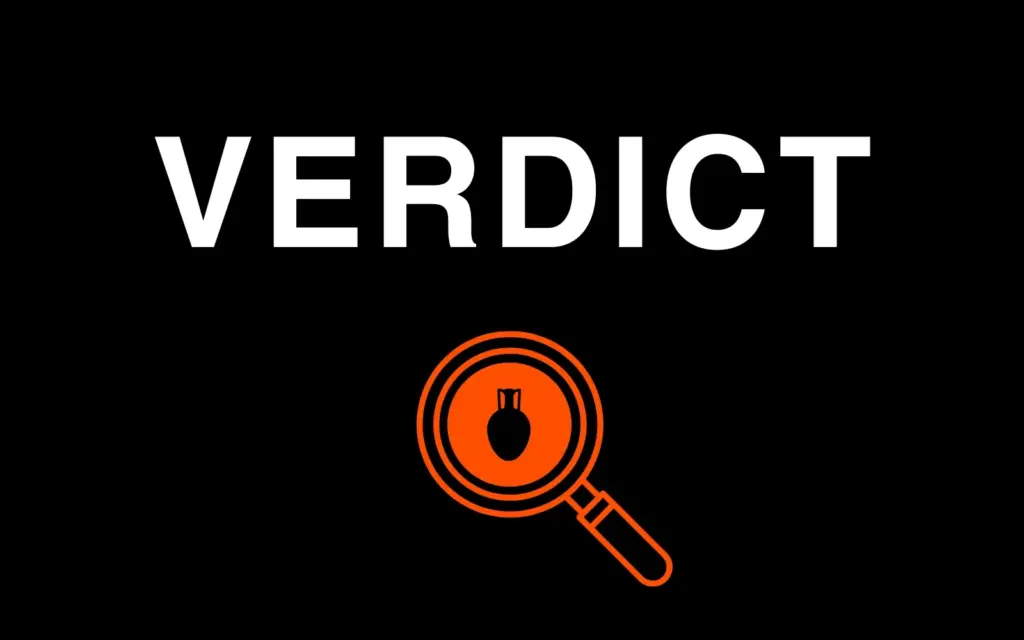
Lost human rights cases could be avoided at several stages, firstly by updating laws and establishing domestic redress mechanisms. But these essential reforms have been slow and materialised only after numerous cases.
Furthermore, opportunities to reach a friendly settlement with claimants and avoid losing a case are also not exhausted.
Expropriation and rental laws, which together have generated the largest number of lost cases, have been reformed – but only in 2017 and 2021, respectively.
Evidence of degrading detention conditions year after year shows that substantial reform has been lacking, despite detention conditions leading to a large number of lost cases for Malta.
The European Commission’s rule of law report notes that progress in judicial reforms is insufficient, which is likely to continue generating lost cases in the justice domain.
Given the sluggishness of reforms in key areas generating lost cases at the ECtHR, the minister’s statement is misleading.
Reforms have taken place somewhat reluctantly, given the number of cases, while Malta’s parliament continues to hold power over whether rulings can be translated to actual legislation.
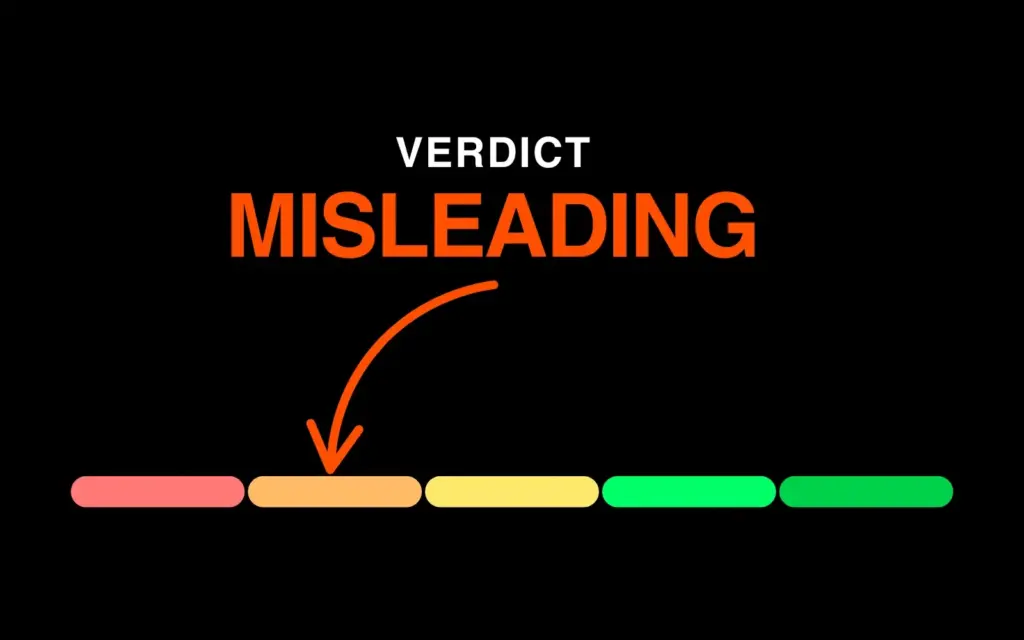
This project is supported by the European Media and Information Fund. The sole responsibility for any content supported by the European Media and Information Fund lies with the authors and it may not necessarily reflect the positions of the EMIF and the Fund Partners, the Calouste Gulbenkian Foundation and the European University Institute.




